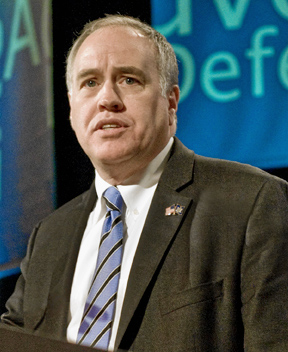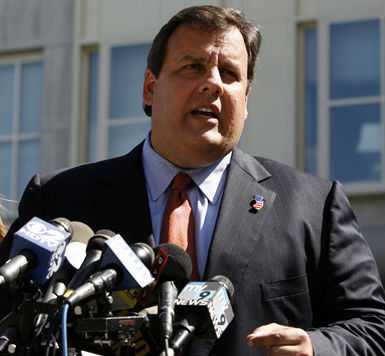A New Jersey Senate committee on Thursday approved a bill that would broaden the state’s pay-to-play rules regarding pension investments.
The bill intends to further strip out politics from pension investments: the new rules would prohibit the state’s pension fund from investing in firms that have recently made donations to national political groups.
Reported by NorthJersey.com:
The legislation would broaden the New Jersey conflict of interest restrictions that apply to the pension system to cover national party committees and organizations like the Democratic Governors Association and the Republican Governors Association, an agency that’s being led this year by Governor Christie.
The measure, sponsored by Sen. Shirley Turner, D-Mercer, passed the Senate State Government, Wagering, Tourism and Historic Preservation Committee by a 3-1 vote.
That vote came just weeks after the state Division of Investment, which manages the $80 billion pension system, decided to sell its stake in a venture capital fund with ties to a Massachusetts gubernatorial candidate who donated to the New Jersey GOP. The state Department of Treasury is also in the midst of an internal audit of the investment to determine whether state regulations were violated.
But labor union officials in New Jersey have also questioned other political donations made by investment firms that have been hired by the Division of Investment to manage state pension funds, including several to the Republican National Committee and the Republican Governors Association. Both organizations supported Christie’s successful bid for a second term last year, but are not covered by current state law.
Right now, the Division of Investment regulations bar the agency from investing pension funds in a firm only when the fund management professionals have made contributions to New Jersey candidates and political committees within a two-year period.
Any hint of politics and political favoritism should be kept away from the public employees’ pension funds, Turner said.
“The method of investment should be selected based on performance and merit, not because of campaign contributions,” she said.
The bill would also require the State Investment Council, which oversees the Division of Investment, to provide quarterly reports to the Legislature disclosing the fees being that are paid to the investment management firms. Treasury right now does not list those fees on its website as other states do and requires an Open Public Records Act request, which can be a lengthy process, be filed to obtain the information.
“It’s not their money, nor does it belong to any governor or any other political figure,” Turner said.
The Senate drew up the bill after an uproar caused, at least in part, by a recent series of articles by journalist David Sirota about conflicts of interest within the State Investment Council.
Photo by Truthout.org via Flickr CC License



